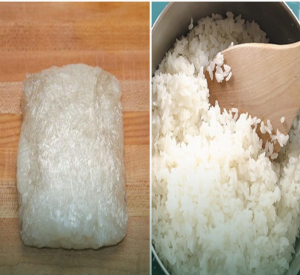
Storing leftover rice to keep it soft and tasty for an entire month
The Japanese have several special methods for storing leftover rice, which help keep it fresh and…
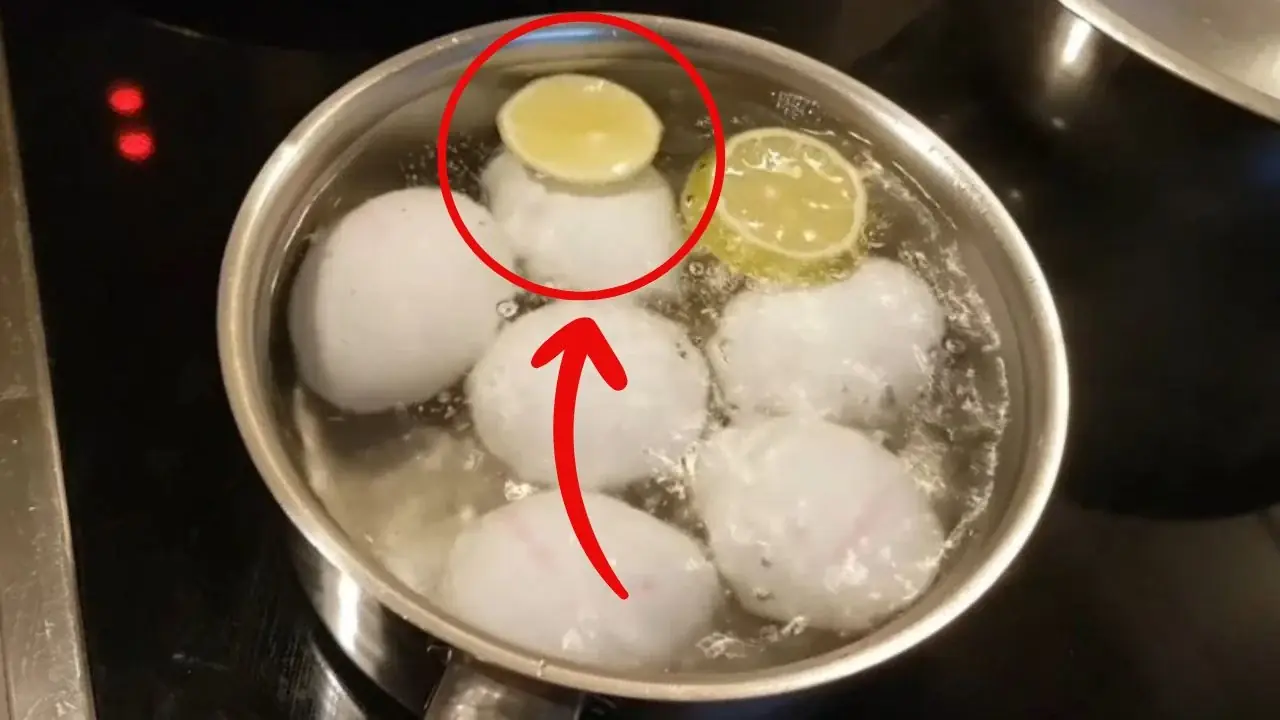

Adding a few slices of lemon or a bit of lemon juice to the water when boiling eggs brings you three significant benefits:
Boiling eggs seems like a simple task, but not everyone can do it perfectly. Common problems like cracked shells, difficulty peeling, or unappealing appearance often frustrate many. However, a small trick using lemon can solve most of these issues, making your boiled eggs flawless.
Lemon is not only a common kitchen fruit but also a helpful assistant in many cooking tips. When you add a few slices or some lemon juice to the water boiling your eggs, you get three notable benefits:
One of the common problems when boiling eggs, especially fresh ones, is that the shell sticks tightly to the egg white, making peeling difficult. This is due to the membrane between the shell and the white being strong and clingy.
Boiling eggs with lemon adds mild acidity that weakens this membrane. As a result, after the eggs are cooked and soaked in cold water, peeling becomes quick and easy without damaging the egg white.
Dropping cold eggs into hot water or boiling at high heat often causes the shells to crack. The acid in lemon gently softens the outer shell, reducing thermal shock and minimizing cracking risks.
Many eggs, such as free-range chicken eggs or duck eggs, often have dirty shells or light lime deposits. Adding lemon to the boiling water’s acidity helps gently clean these residues, making the eggshells look cleaner and brighter after boiling.
The process is simple. You only need:
Eggs (as needed)
1–2 teaspoons of lemon juice (or a few fresh lemon slices)
A pot of water enough to cover the eggs
1. Place eggs in the pot and add water to cover them by about 2–3 cm.
2. Add 1 teaspoon of lemon juice or 2–3 slices of fresh lemon into the water.
3. Bring the water to a boil, then reduce heat to a simmer and cook for 8–10 minutes depending on whether you prefer soft or hard-boiled eggs.
4. Once cooked, remove the eggs and immediately place them into a bowl of cold water for 5–10 minutes to make peeling easier.
Besides adding lemon, you can combine these tips for even better results:
Add a pinch of salt to the boiling water: This helps toughen the shells, reducing cracks and making peeling easier.
Soak eggs in cold water after boiling: This causes the membrane to contract and separate from the shell.
Roll eggs gently on a hard surface after cooling: This creates even cracks that make peeling easier without damaging the egg white.
To maximize effectiveness, keep in mind:
Don’t use too much lemon: Just a little lemon juice or a few slices are enough. Using too much can make the water overly acidic and affect the flavor.
Choose fresh eggs: This method works best for fresh eggs, which are usually harder to peel than older ones.
Avoid boiling at excessively high heat: Lower the heat after boiling to prevent cracks or uneven cooking.
Leave the pot lid off while boiling: This helps steam escape and reduces pressure buildup that can crack eggs.
Many worry that lemon might make the eggs taste sour or affect their nutrition. In reality, lemon only affects the outer shell and the membrane between the shell and egg white. As long as the shell remains intact, lemon water does not penetrate the egg itself, so the flavor and nutrition remain unchanged.
Boiling eggs with lemon is a simple but highly effective kitchen hack. It not only makes peeling easier and keeps eggs intact but also improves the overall appearance of your dish. If you haven’t tried this method yet, add it to your next meal and experience the difference!

The Japanese have several special methods for storing leftover rice, which help keep it fresh and…
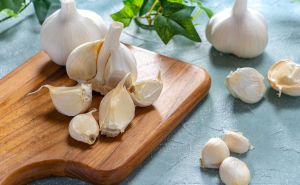
Garlic is a familiar spice that is almost indispensable in delicious daily dishes of families. Garlic contains many nutritional values…

Placing garlic at the head of the bed, typically under the pillow, is a folk remedy believed. The rationale behind…
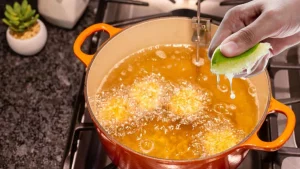
What is the effect of squeezing lemon juice into the frying oil before frying? Fried foods are…
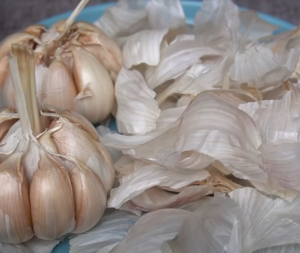
Garlic is a familiar spice for everyone. In most households, you can’t go without a few bulbs of garlic stocked…

Make Use of These Incredibly Useful Benefits from Tomatoes You Might Think of Throwing Away Most homemakers…

Here’s What You Need to Know About Tonsil Stones Have you ever heard of tonsil stones or had one…

The nutritional value of luffa is quite high and it has numerous health benefits such as lowering…
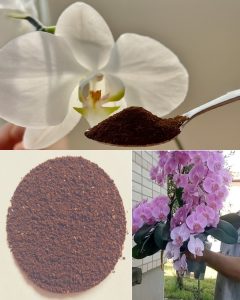
Orchids are a beloved houseplant, known for their stunning and long-lasting blooms. However, getting these elegant flowers to bloom repeatedly…
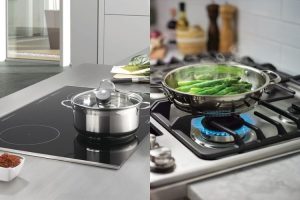
Gas stoves and induction stoves are two of the most popular cooking appliances today. However, many people are still unsure…

Oysters Are Nutrient-Rich but Not Suitable for These 6 Groups of People Nutritional Value of Oysters According…

Orchids are beautiful, exotic plants that can brighten up any home. However, like all plants, they require special care to…